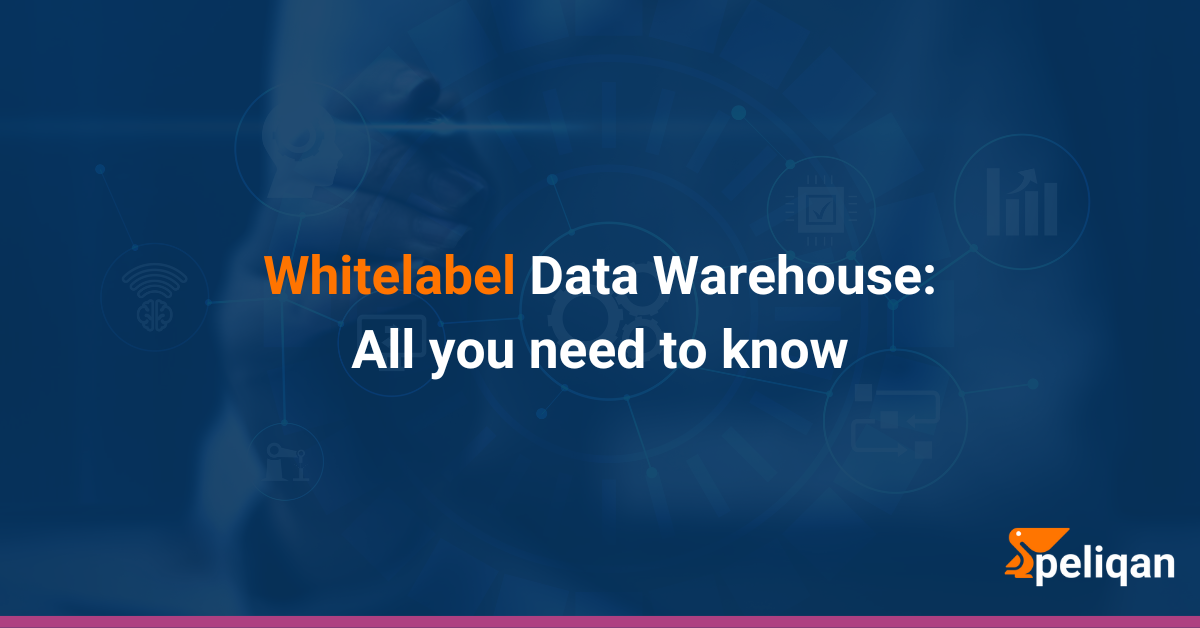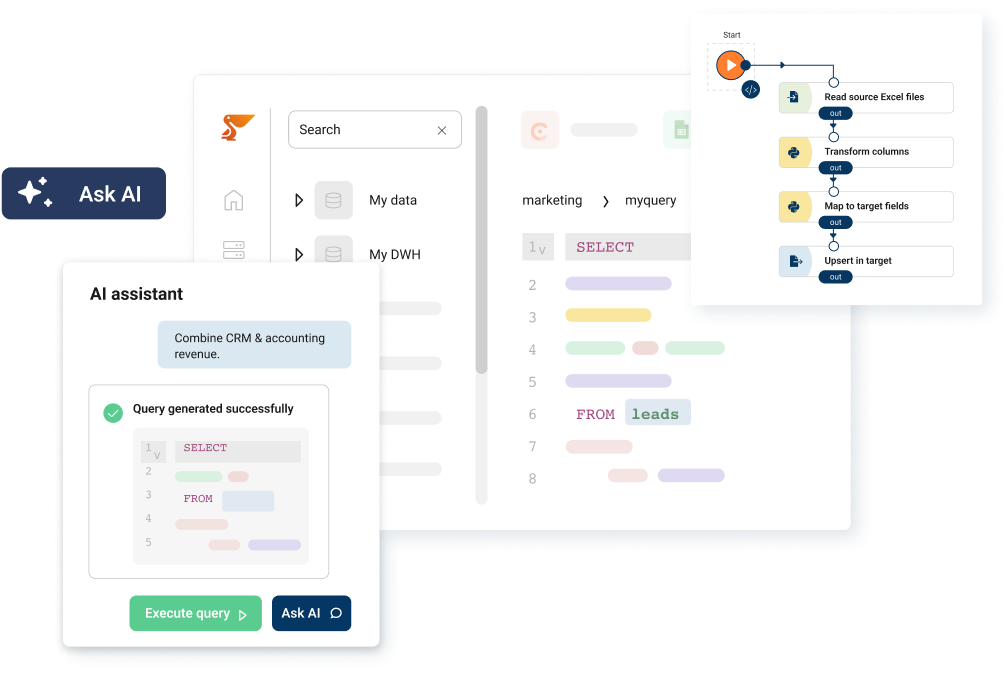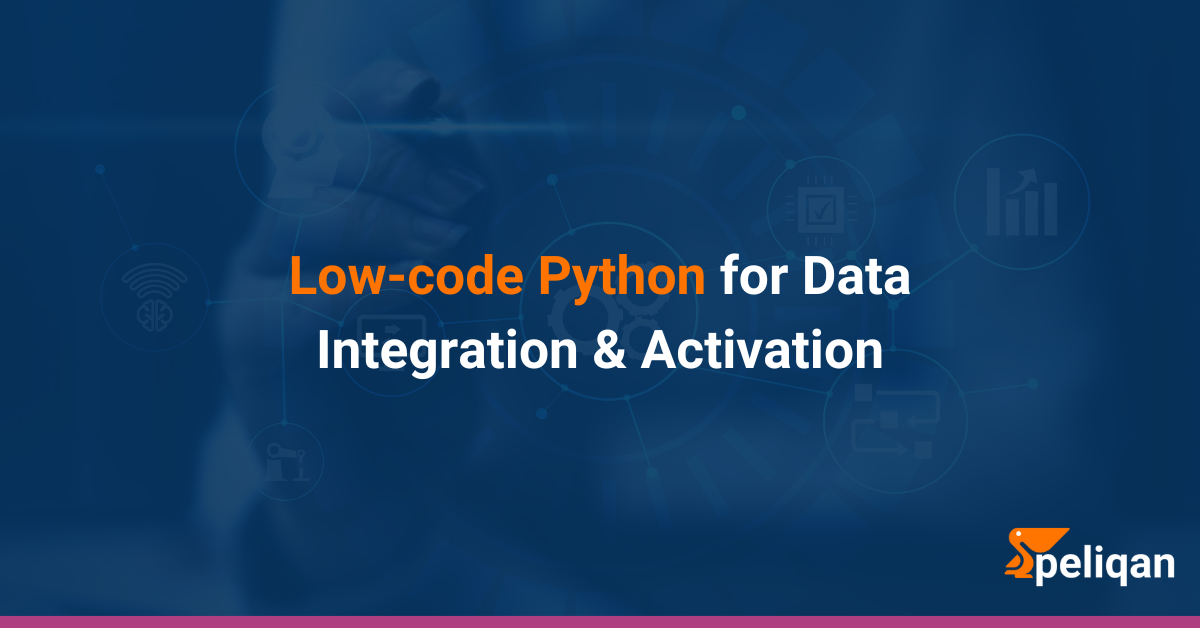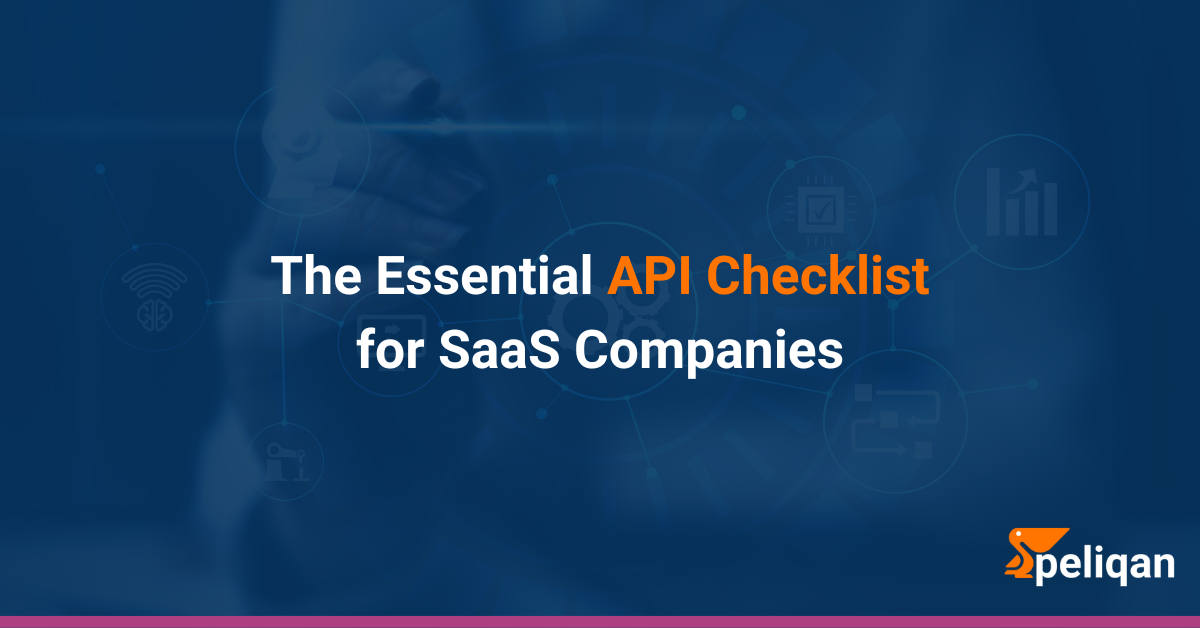SaaS companies, ISVs and consultants increasingly work with data on behalf of their customers.
For example as a SaaS software company, you need to implement data integrations between your SaaS platform and other SaaS products, or you need to onboard external data in your customer tenants. Similarly, as a consultant you need to combine data from multiple sources on behalf of your end-customers, to get to insights.
All-in-one whitelabel data platform
In each of these data use cases, you need to perform similar steps:
- Connect to data: you need connectivity to data sources such as SaaS platforms, databases, SFTP servers, files on cloud storage etc.
- Centralise data: you need to centralise all this data on a per customer basis. The data of your end-customers needs to be isolated for security, privacy and governance reasons.
- Transform data: data will have to be transformed, cleaned and combined
- Deliver data: eventually data needs to be delivered in a destination platform, in a BI tool (dashboards) or in some business process (data activation)
In order to implement these data flows in an efficient manner, you need a whitelabel data platform that brings together the required building blocks. A data warehouse is an important component to centralise your end-customer data, but that is not sufficient. You need connectivity to sources (ETL) and targets (reverse ETL), you need to be able to implement transformations using SQL, low-code scripting or a no-code visual editor, and you need to implement your data delivery.
Data delivery comprises a wide range of use cases such as BI dashboards, API endpoints (data products), alerts, custom reports in emails, getting a prediction from a machine learning model (ML/AI) or writing data to a SaaS destination. Data delivery is implemented using low-code scripts or no-code visual workflows, also called iPaaS workflows.
A whitelabel data platform brings all these building blocks together in one integrated platform, so that new data flows can be implemented quickly using low-code and no-code interfaces.
Why Whitelabel?
At some point your end-customer will have to interact with your data solutions. Perhaps it’s just a one-time interaction to provide credentials to a source (e.g. Salesforce, Hubspot etc.) or maybe you want to embed a market place inside your own SaaS platform to allow self-service activation of data integrations. As a consultant you might want to deliver dashboards with insights, send out regular reports in PDF or Excel, or maybe you want to enable your end-customers with an easy UI to perform self-service data analytics.
A whitelabel platform allows you to deliver these services under your own brand. And there’s more, a whitelabel platform provides the APIs to embed features into your own SaaS tool, for a seamless onboarding experience. A whitelabel platform allows you to provision data solutions at scale for your end-customers, in a multi-tenant secured and isolated cloud environment. Finally, you can turn your implementations into templates and package these templates for easy activation by end-customers.
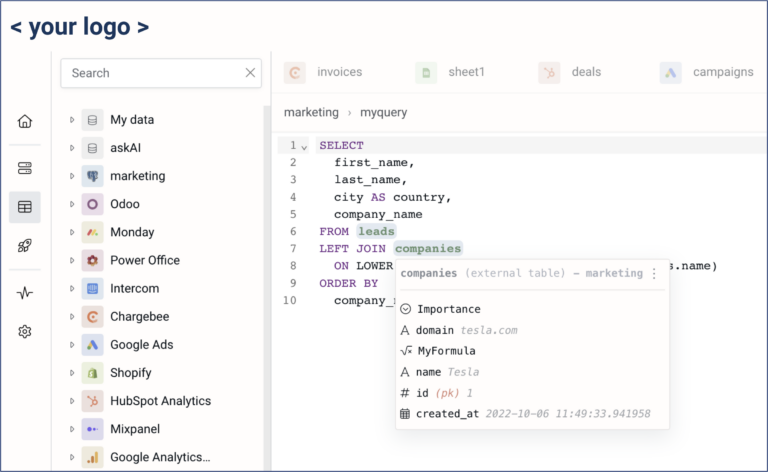
Features
- Connectors: a wide range of connectors to SaaS platforms (CRM, ERP, accounting, HRM/ATS platforms, helpdesk etc.)
- Built-in data warehouse, or connect to an existing data warehouse (Snowflake, Bigquery, Azure, AWS Redshift)
- Data transformation editor using no-code, SQL and low-code scripting
- Data activation: low-code data-centric scripting and no-code visual workflows
- Market place: one-click deployment of BI tools (Metabase, Superset), ML tools (Superagent) etc.
- Whitelabel: deliver data services under your own brand
- Embedding: embed data integrations into your own SaaS platform with self-service activation by end-customers
Use cases
A whitelabel data platform is used by ISVs, SaaS companies, consultants and service providers to deliver a wide range of data solutions to their end-customers:
- Data integrations: build a marketplace or eco-system around your SaaS platform
- Data onboarding: import data from external sources, allow seamless data migrations and set up real-time data imports
- Built-in data warehouse: build a data warehouse into your own product or offering
- Consultants: deliver data services to your end-customers, without the need to hire a data engineer or data scientist
- ML/AI: easily implement ML models for predictions, to detect outliers or anomalies, fraud detection etc.
- Analytics & BI: Deliver insights to your customers
- Custom reporting: build personalised reports at scale in PDF, Excel or any other format and distribute them by email or cloud storage
- Data syncs: implement data synchronizations between two or more platforms
- Alerting: inform the right person at the right time via Slack, MS Teams or email
Benefits
A whitelabel all-in-one data platform has substantial benefits compared to building a solution using multiple separate tools:
- All-in-one: easy of use since all components are integrated into one platform
- Low-code: no need to involve data engineers or data scientists, implement solutions for your customers using low-code and no-code.
- Cost: dramatically reduce cost by using a built-in data warehouse
- White-labelled: deliver branded interactions to your end-customers
- Embedding: embed in your own SaaS portal or platform
- Templates: re-use your implementations across multiple end-customers
- Multi-tenant: manage end-customers at scale
Peliqan.io is the leading whitelabel data platform for SaaS companies, consultants and service providers. Try Peliqan.io now for free or request a demo: https://peliqan.io.
